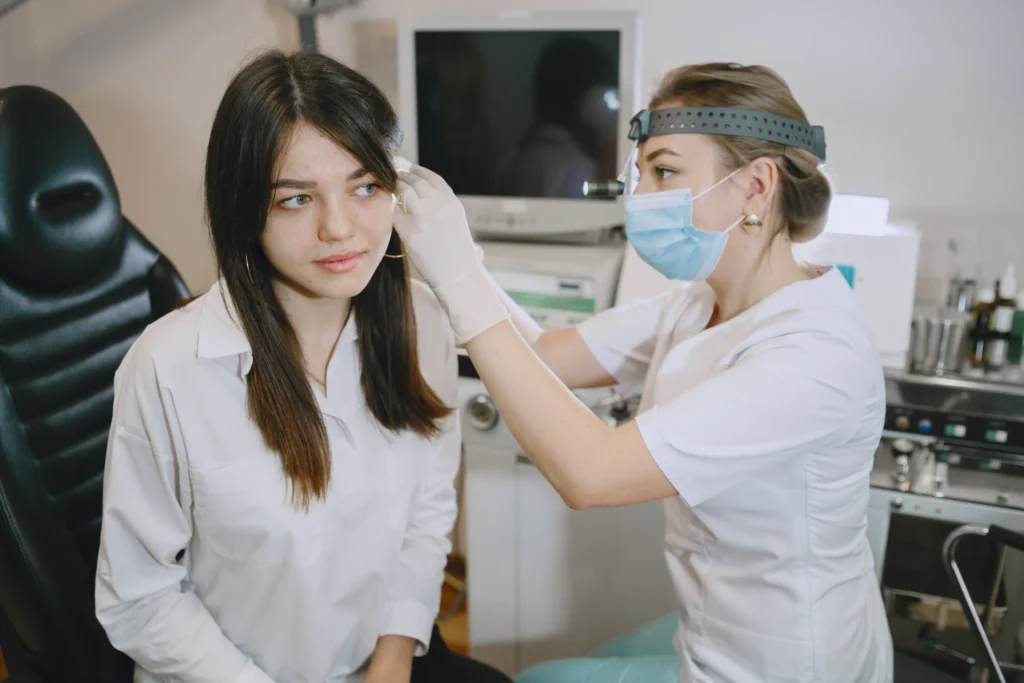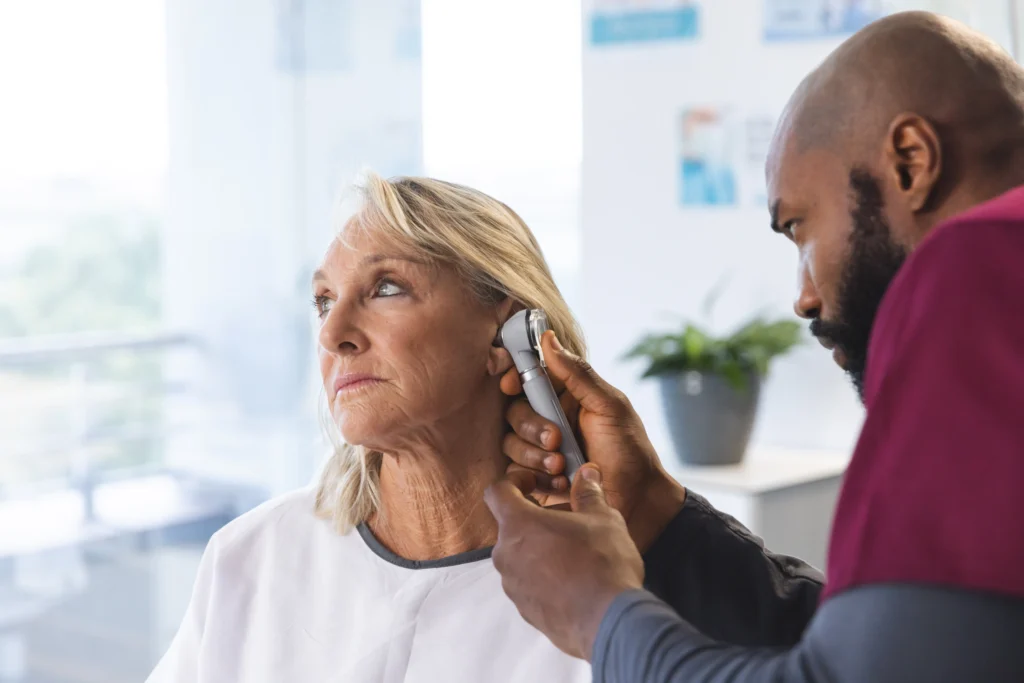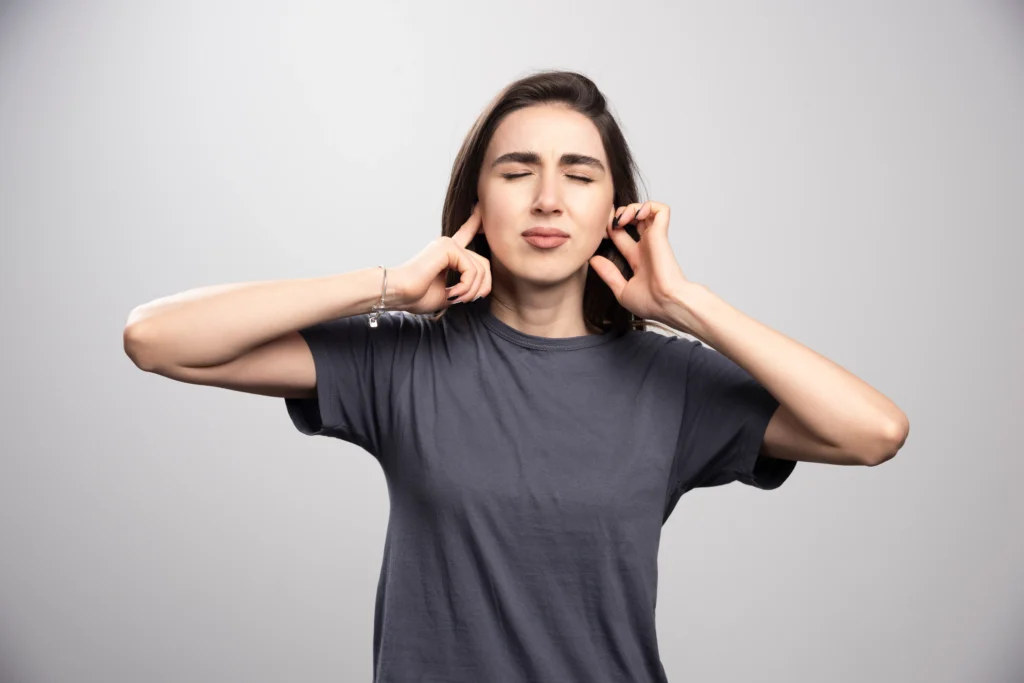When it comes to your hearing, you will know that doing what you can to look after it is more important than anything else. You would take care of your eyes by seeing an optician and you would get your feet remeasured if you needed new shoes. When your hearing starts to feel a little different, it’s time to get that checked, too. From losing hearing to experiencing a ringing in your ears, you may think that your hearing needs some help – and you’d be right.
An audiologist will be able to help you with hearing tests to see the extent of your hearing loss – if there is any – but they will also be able to talk you through tinnitus, which is the ringing in the ears mentioned earlier. We have to ensure that we take care of our health, and you do that with water, great nutrition and exercise, but you should also ensure that you aren’t exposing your ears to loud noises or trauma. When you do this, you are going to permanently damage the tiny hair cells in your ears, which cannot be undone when they are.
Tinnitus is heard of by many as a ringing or buzzing in the ears, and it’s actually a symptom of hearing loss rather than a condition in itself. It’s distracting and irritating and it’s going to annoy you – which is why seeing an audiologist is an excellent idea if you notice it happening to you. The thing to remember the most here is that while tinnitus is bothersome, it’s not the only issue you are having. If you are hearing a long buzzing in your ears, whether intermittent or prolonged, you need to get your hearing tested.
You may not know whether you are at risk for tinnitus, but your audiologist will sure be able to tell you for sure. Hearing loss isn’t always permanent, but some people are more vulnerable than others and there are factors involved that can affect whether you have tinnitus or not. Your lifestyle and your genetics can play a part in why you are experiencing tinnitus, and if you are in any of these following categories, you may be at risk of tinnitus.
You work under a lot of stress
One of the most common things to know about tinnitus is that it’s linked to stress. Stress leads to a rise in blood pressure, known as hypertension and this can lead to a tinnitus in the ears. This is the sound that is exacerbated by stress, grinding your teeth and a higher blood pressure and heart rate. It’s vicious as a cycle – once you destress, the tinnitus goes, but it comes back again and again.
You enjoy caffeine
Coffee is delicious, we’ll concur on that one, but it’s something that contains a lot of caffeine and this can push your blood pressure up. This is going to trigger the tinnitus that you have previously experienced and switching your caffeinated beverage to a decaf option is going to make all the difference to you. Caffeine is found in a variety of foods and you can find a list online to know whether your intake is too high.
Noise exposure
Do you love to go to clubs and concerts? How about using a jackhammer? Machinery and drilling are as bad for your ears as a heavy bass in a club. Without the proper ear protection, you’re going to damage the hair cells in your ears and these cannot be fixed.
The noise can leave you temporarily deaf, but it can also lead to ringing that may never go away. If you are working in a loud environment or you are spending a lot of time in concerts and clubs, you’re going to find that your ears are exposed to exceptionally loud noise all the time. Make sure that you are using the correct protection and make a point of avoiding too much loud noise if possible.
It’s genetic
Tinnitus is actually genetic, especially if you have Meniere’s disease in the family. This condition can lead to a risk of development of tinnitus and hearing loss and intermittent balance losses. Your genetics play a big part in whether you develop tinnitus in life as much as it is a symptom of hearing loss and issues with stress and high blood pressure.
Speak to an audiologist today
Giving Adirondack Audiology a call today at +1 (802) 922-9545, will help you to get to the bottom of your risk of tinnitus. Speak to an audiologist and get your hearing tested today.









